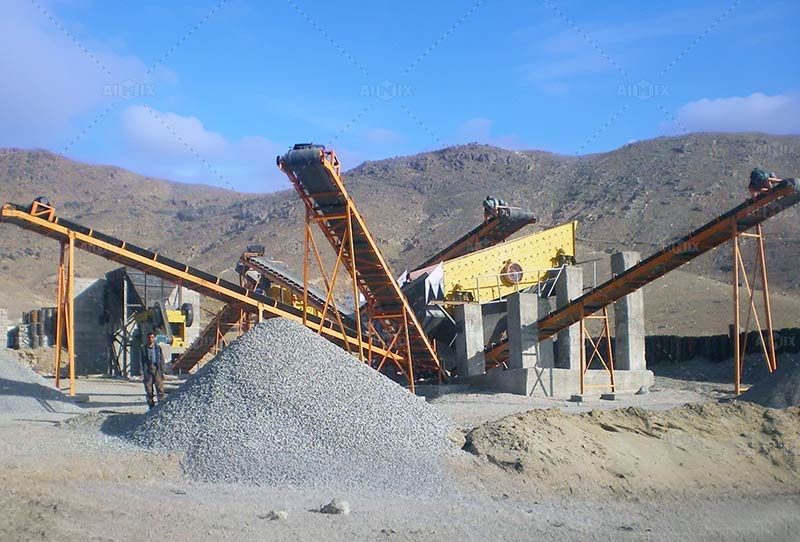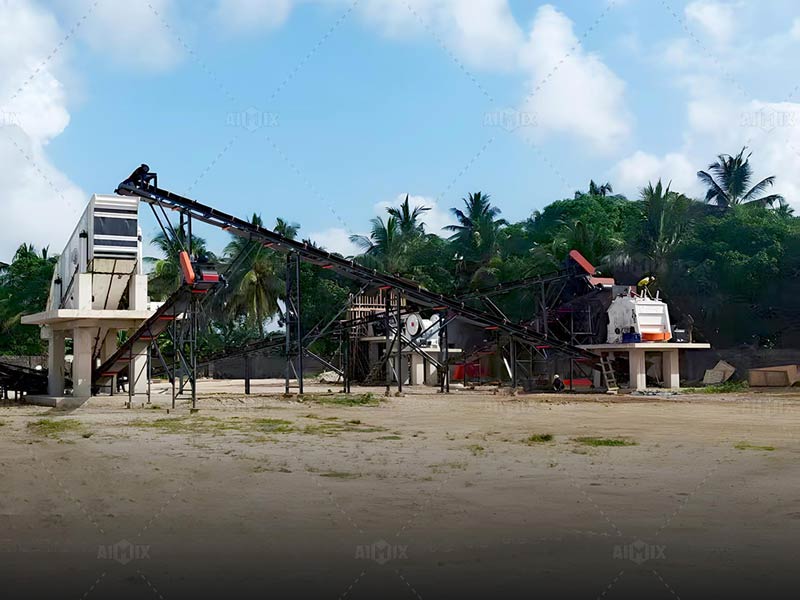Limestone, a sedimentary rock composed primarily of calcium carbonate, is widely used in various industries, including construction, agriculture, and manufacturing. However, its chemical composition can pose significant challenges to crushing equipment due to its corrosive nature.
The Chemical Composition of Limestone and Its Corrosive Effects
Understanding the Chemical Composition of Limestone
Limestone primarily consists of calcium carbonate (CaCO3) along with small amounts of other minerals and impurities. It forms through the accumulation and compression of marine organisms over millions of years. This composition gives limestone its characteristic hardness and alkalinity.
The Corrosive Effects of Limestone on Crushing Equipment
Despite its widespread use, limestone can have detrimental effects on crushing equipment due to its corrosive nature. When limestone comes into contact with moisture and oxygen, it undergoes chemical reactions that produce carbonic acid. This acid can accelerate the corrosion of metallic components in stone crusher machine for sale, leading to premature failure and downtime.

Corrosion Resistance Strategies for Crushing Equipment
Selection of Corrosion-Resistant Materials
One effective strategy to mitigate the corrosive effects of limestone is to use corrosion-resistant materials in the construction of crushing equipment. Stainless steel, for example, offers excellent resistance to corrosion and can withstand the harsh conditions associated with limestone processing. Additionally, specialized alloys and coatings can be applied to equipment surfaces to enhance their corrosion resistance.
Surface Coatings and Treatments
In addition to selecting appropriate materials, applying surface coatings and treatments can further enhance the corrosion resistance of limestone crusher machine. Protective coatings such as epoxy paints and polyurethane sealants create a barrier between the equipment surface and corrosive substances, preventing direct contact and inhibiting corrosion. Regular inspections and maintenance are essential to ensure the integrity of these coatings and their effectiveness in combating corrosion.

Importance of Regular Maintenance and Inspection
Implementing Preventive Maintenance Practices
Preventive maintenance is crucial for preserving the integrity and longevity of crushing equipment in limestone processing operations. This includes routine lubrication of moving parts, checking for signs of wear and corrosion, and replacing worn components as needed. By addressing potential issues proactively, operators can prevent costly downtime and repairs.
Regular Inspection and Monitoring for Corrosion
Regular inspection and monitoring of rock crusher machines are essential for detecting corrosion early and preventing catastrophic failures. Visual inspections, non-destructive testing techniques, and corrosion monitoring sensors can help identify corrosion hotspots and areas prone to degradation. Implementing a comprehensive inspection and maintenance schedule ensures that any corrosion-related issues are addressed promptly, minimizing downtime and maximizing equipment lifespan.
In conclusion, the unique composition of limestone presents specific challenges for jaw crusher machine due to its corrosive nature. However, by understanding the chemical composition of limestone, implementing corrosion resistance strategies, and prioritizing regular maintenance and inspection, operators can effectively mitigate the effects of corrosion and prolong the lifespan of their equipment.
